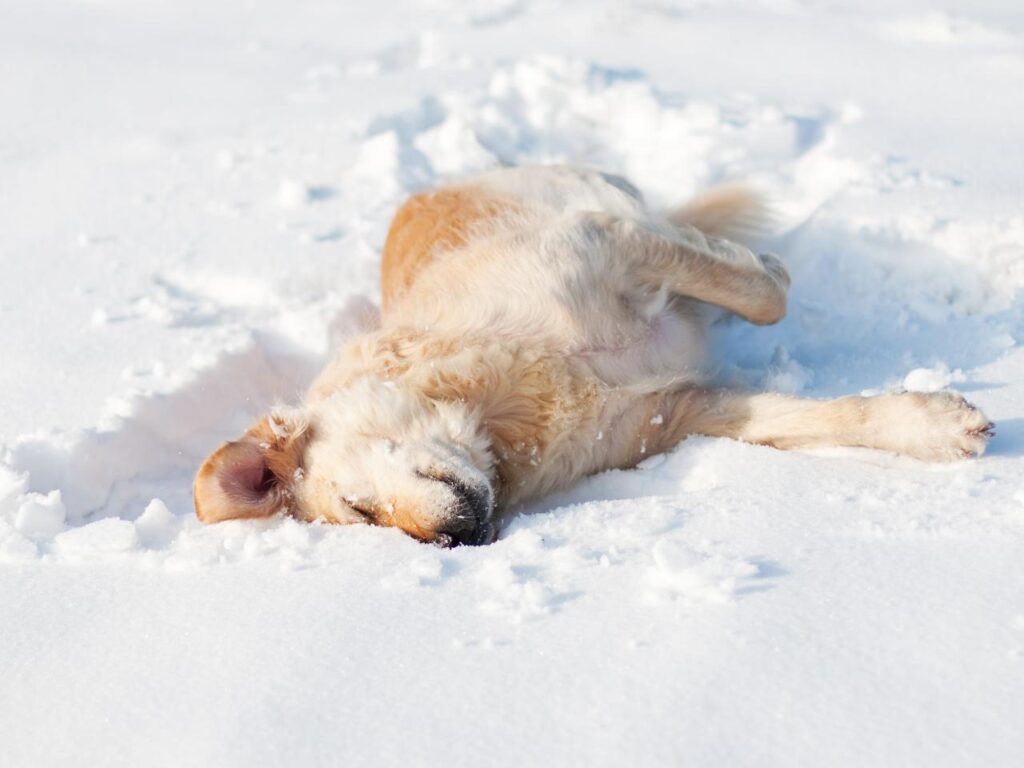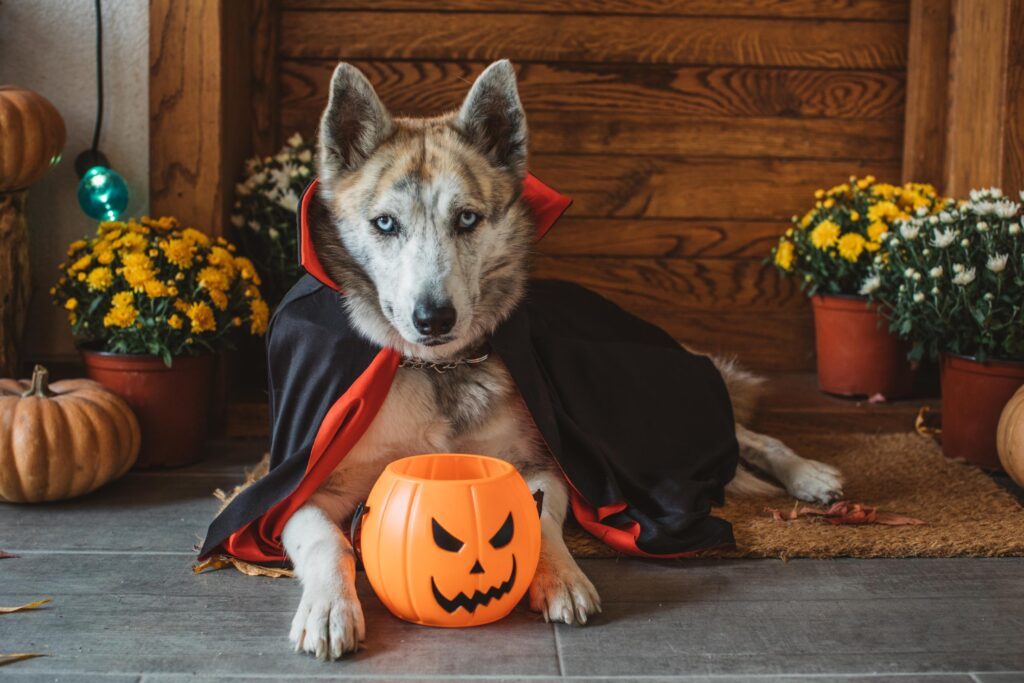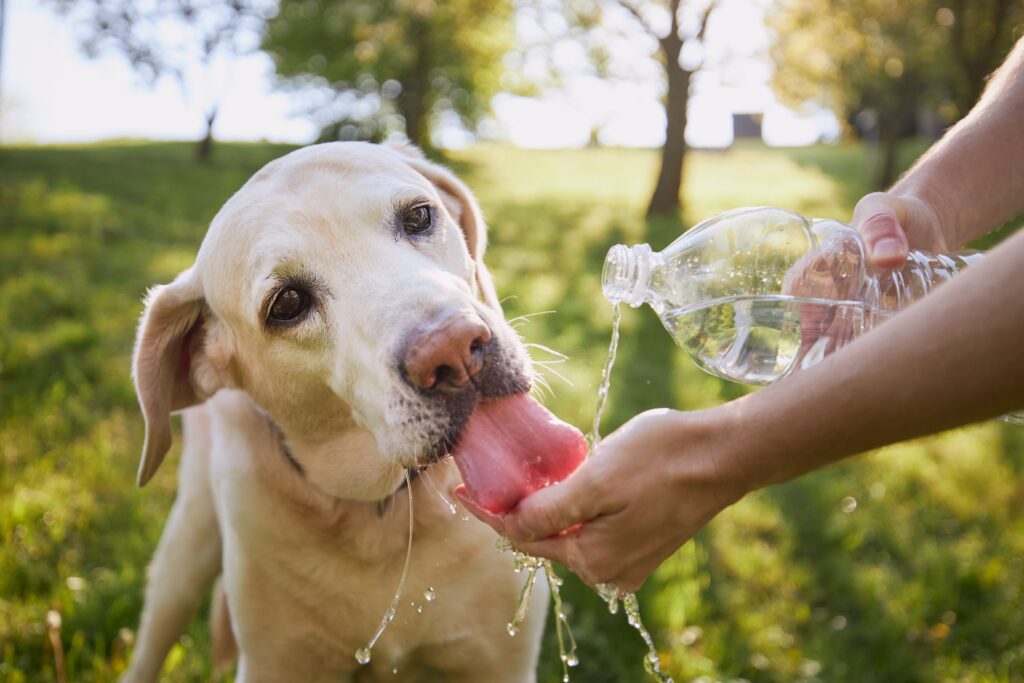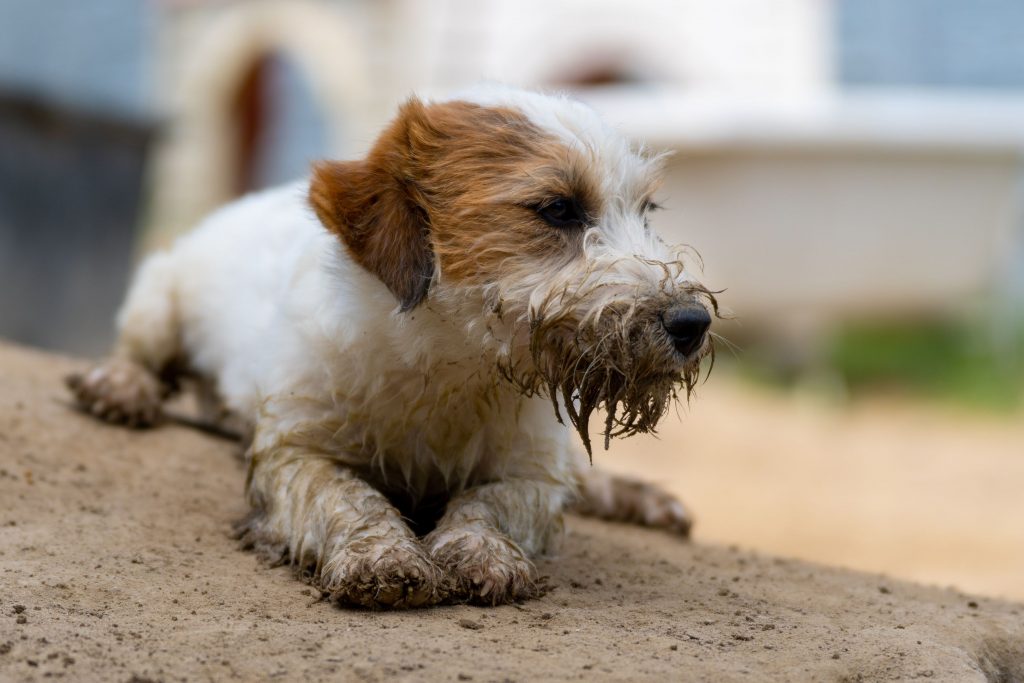Winter Weight Gain: How to Keep Your Pet Fit During the Holidays
As temperatures drop and winter sets in, it’s easy for both pets and their owners to become less active. Unfortunately for our pets, this can lead to weight gain that can, in turn, put your pet at risk of developing health issues.
Continue…Managing Chronic Conditions in Pets During Winter
Cold tolerance ranges from pet to pet, but animals with chronic conditions can be more sensitive to changes in temperature, humidity, and barometric pressure. While extreme shifts in weather signal risks to all pets, older pets, and those with serious health concerns require careful consideration. Our tips for winter pet safety can prevent pain and discomfort, reduce stress and anxiety, and promote overall wellness.
Continue…Pet-Friendly Halloween Activities Near Atlanta
Halloween is just around the corner, and if you’re looking for fun, pet-friendly activities in the Atlanta area, Clairmont Animal Hospital has you covered! From spooky parades to costume contests, there’s something for every furry friend to enjoy. Read on for ideas about where to take your dog for Halloween in Atlanta, Georgia, and make the most of this festive season.
Continue…Summer Safety: Heatstroke in Pets
Summer is a great time to enjoy the outdoors with family and friends. For many of us, that includes our four-legged buddies. The Georgia heat can sometimes put a damper on our fun, though, and it can become dangerous for our pets if we are not careful.
Pets can suffer from heatstroke, and some fun in the sun can turn into a true emergency without proper precautions. Heatstroke prevention in pets is key to making sure that summer stays cool.
Continue…Preventing and Treating Lyme Disease in Pets
If you’ve got an adventurous dog or cat that loves exploring the great outdoors, it’s important to protect your pet from Lyme disease—a tick-borne illness that poses a year-round threat to pets (and people!) in Georgia’s mild climate. At Clairmont Animal Hospital, we want to help you keep your cats, dogs, and family members safe by sharing what we know about preventing and treating Lyme disease in pets.
Continue…What to Know About Canine Influenza
It’s cold and flu season for people, and pets are no different. Did you know that canine influenza is an illness that could affect your pupper this winter? Clairmont Animal Hospital has the info that you need to know about the dog flu and how to protect your pup.
All About Canine Influenza
Canine influenza is a very contagious viral respiratory disease that affects dogs specifically. Thankfully, humans and dogs don’t share this virus!
We first experienced dog flu in the United States in 2004. Since then, there have been several outbreaks across the country. We are currently aware of two different strains of canine influenza.
Continue…Do Dogs Sweat to Cool Down in the Heat?
Dogs are fully equipped with many incredible skills and adaptations that keep domestic life fun and interesting. Despite this, they are lacking in one important area. Their individual cooling systems are woefully ineffective when battling high heat and exertion. In contrast with their human owners and other mammalian species, dogs don’t perspire as a function of numerous glands throughout the body. Instead, dogs sweat primarily through their paw pads. Fortunately, this isn’t the only mechanism they can rely on to cool down.
Continue…Prepare for Anything: Disaster Preparedness for Pets
Your family and place of work likely have plans in case of some kind of disaster. You likely also have some basic idea of what to do if there is a fire, tornado, or hurricane. Have you thought about how your pets fit into your plans, though? Clairmont Animal Hospital challenges you to stop and make a plan for disaster preparedness for pets.
Continue…How to Keep Your Pet Safe While Traveling This Summer
Summer is the perfect time of year to escape and enjoy some time traveling. For many people, summer vacation means bringing along all members of the family, including pets! While traveling with pets can be fun, you must also be prepared to keep your pets safe and comfortable on the trip.
The team at Clairmont Animal Hospital has put together this list of pet safety tips to keep your pet happy, healthy and well-cared for while traveling this summer:
Continue…While Not Perilous, a Reverse Sneeze Attack Can Sound Pretty Scary
If you have never heard a reverse sneeze, you might be alarmingly triggered by its signature sounds. Generally speaking, a dog that suddenly begins to honk, wheeze, and snort might require emergency veterinary help. However, a reverse sneeze isn’t usually a cause for concern. Sure, it’s weird and uncharacteristic for many animals, but this mechanism is employed for specific reasons. What’s more, if you know what it is, you can help your dog regulate their breathing and interrupt this strange breathing.
Continue…










